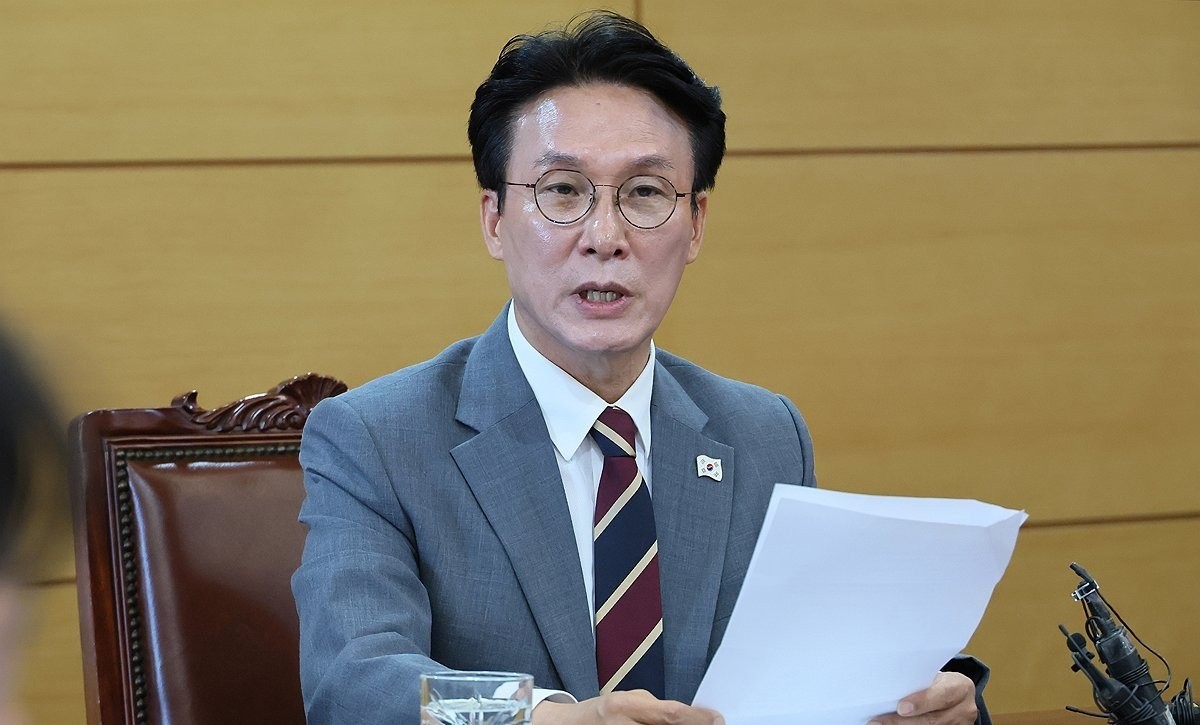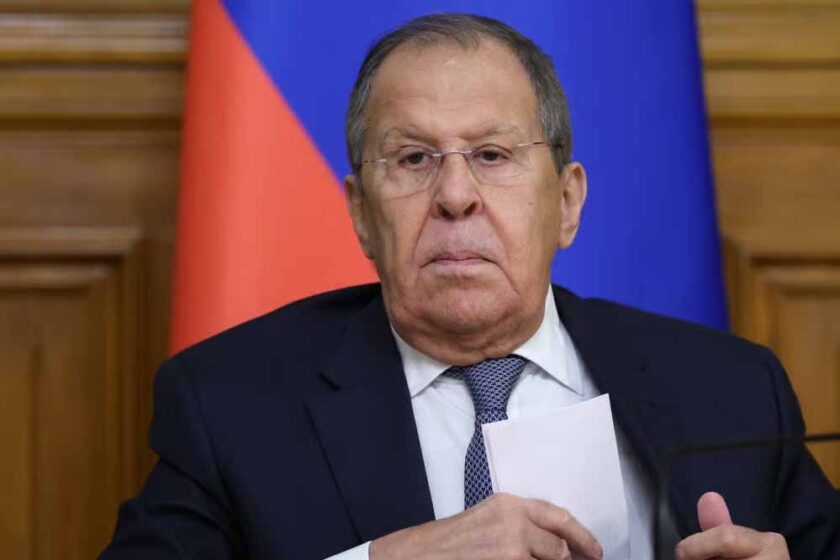Seoul — South Korea’s National Assembly officially approved Kim Min-seok as the country’s new Prime Minister, following a 173–3 vote during a plenary session. The confirmation came despite sharp opposition and a full abstention from the People Power Party (PPP), the main opposition bloc, which has publicly condemned Kim over alleged issues related to his wealth, family, and past political controversies.
Kim, a four-time lawmaker from the ruling Democratic Party (DP), was nominated by President Lee Jae Myung nearly a month ago. The confirmation proceeded largely along party lines, with the Democratic Party and smaller allied groups using their legislative majority to push the motion through.
A Contentious Appointment
Kim Min-seok’s nomination had drawn significant criticism from the opposition, particularly the PPP, which labeled him “unfit for office” and accused him of impropriety. Among the concerns raised were:
- A past conviction involving illegal political funding.
- A rapid increase in personal wealth over the past five years.
- Allegations surrounding his son’s university admission process.
- Questions about Kim’s education at Tsinghua University in China.
The Democratic Party has stood firmly behind its nominee, dismissing the accusations as politically motivated. The PPP, on the other hand, demanded his resignation even before the confirmation hearings, citing what they described as serious ethical red flags.
Despite the opposition’s boycott, South Korean law allows the ruling party to proceed with a confirmation vote if it holds a parliamentary majority — which the DP currently does.
Prime Ministerial Power and Confirmation
In South Korea, the prime minister is the only Cabinet position that requires parliamentary approval. While the role is often seen as largely ceremonial compared to the president, the prime minister assists in coordinating ministries and can play a key role in implementing policy priorities, especially during times of political gridlock.

Kim Min-seok’s approval comes after two days of intense confirmation hearings held on June 24–25, where lawmakers grilled the nominee over the numerous allegations.
Legislative Developments Alongside Confirmation
Alongside the confirmation, the Assembly also passed several notable legislative items:
- An amendment to the Commercial Act was approved, strengthening the fiduciary duties of corporate board members toward shareholders.
- Another proposed reform—aimed at limiting major shareholders’ voting power in auditor appointments to 3%—was advanced for voting.
- A revision to the Martial Law Act, which would prevent police and military personnel from entering the National Assembly, was also expected to be tabled for debate.
Looking Ahead
With the approval now behind him, Kim Min-seok steps into his new role amid both heightened expectations and controversy. Supporters see his appointment as a strategic move by President Lee to ensure party unity and legislative momentum. Critics, however, view it as a sign of deepening political polarization and disregard for ethical governance.
As South Korea navigates key domestic and international challenges — including economic uncertainty, regional security tensions, and social reforms — the new prime minister’s ability to work across party lines will be tested from the outset.









